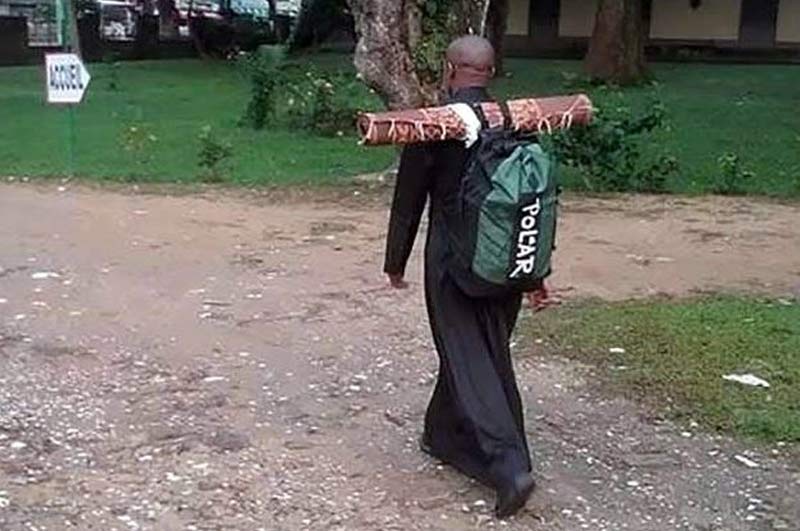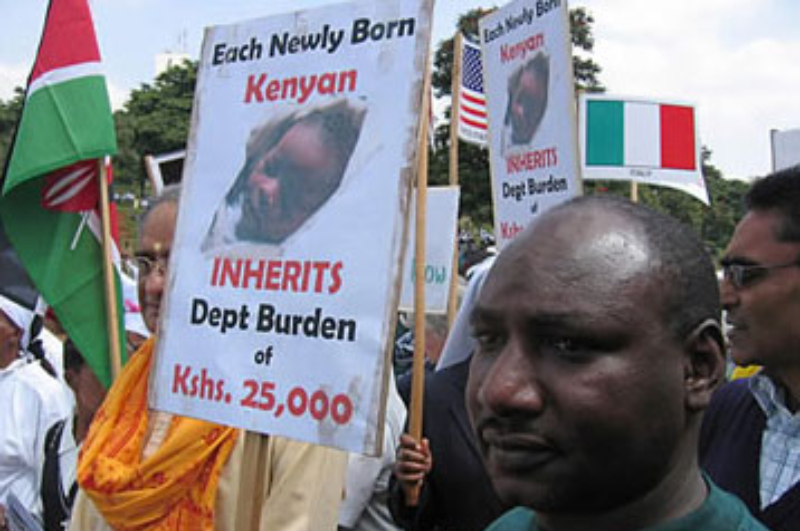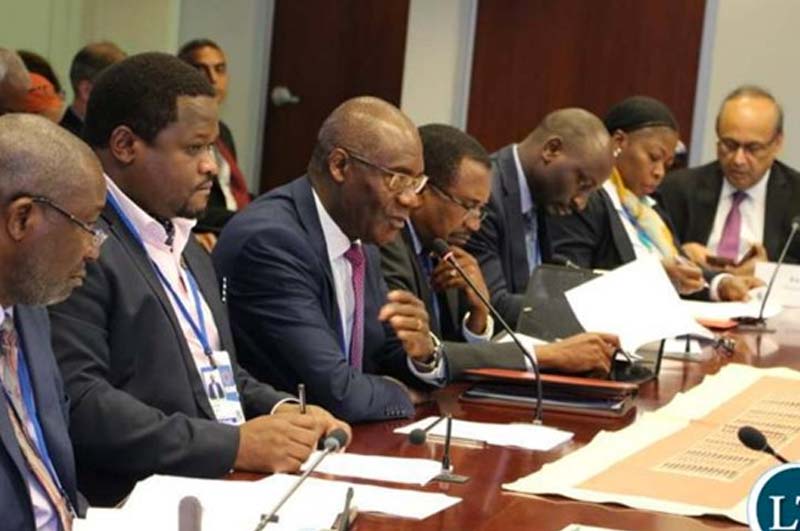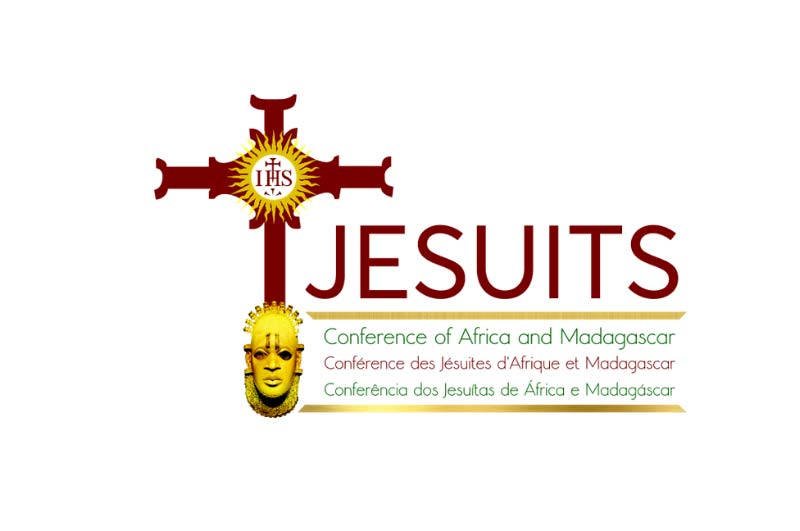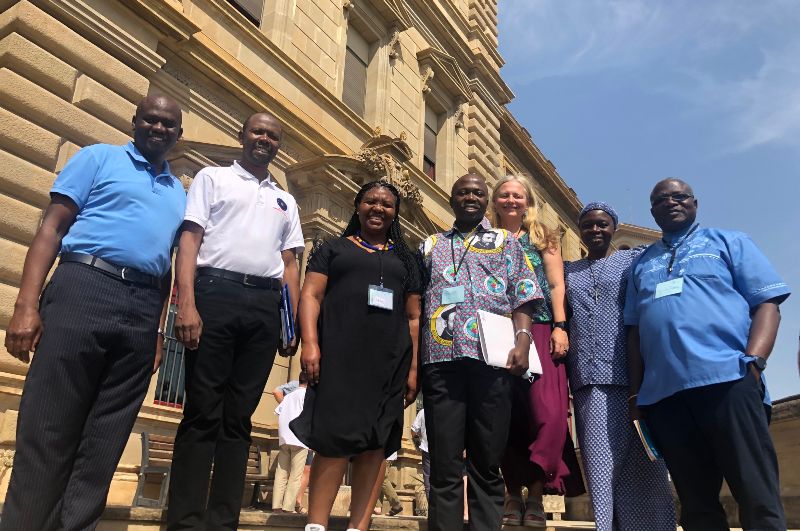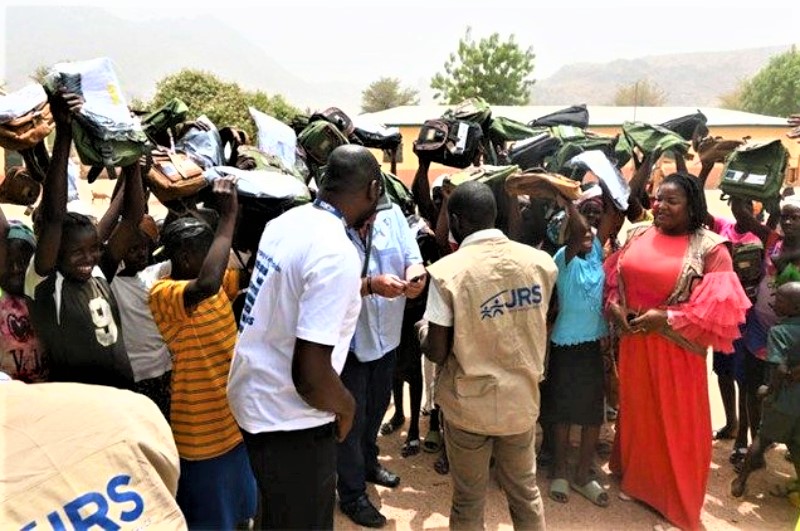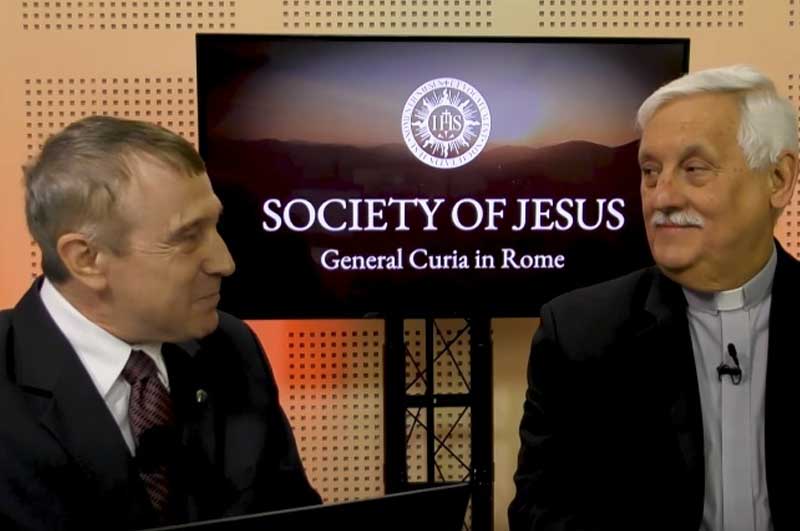


Living the UAP in the light of the challenges presented by COVID-19
On 2 April, in a webinar, Father General spoke to the Jesuits and all the partners of the Society about the coronavirus crisis. You can read his introductory text below.
I am glad to be able to join you today at this time of change and challenge when so many of the world’s population is in a kind of isolation or ‘lockdown’ because of the Corona Virus. This crisis will have a huge impact on how we relate to each other; on how we work; on how the world economy is run; on how we pray together; on how we carry out mission in the Society of Jesus and in the Church.
I came back from India and Nepal three weeks ago when the awareness of this pandemic was in its infancy. Since then, there have been daily statistics on our screens - usually pessimistic ones. But, what stays in my mind most of all, in fact, is not so much these statistics but the amazing initiatives that are being taken around the world. These range from the countless small acts of kindness that people are showing towards each other... to projects organised by voluntary and state organisations... to the outreach offered by Christian communities, by ourselves and our mission partners. These initiatives show that we are a Church on the move, a church going out to the frontiers, going to where people are wounded and hurting.
All across the world we have seen great appreciation of the health workers and those on the front line. I see the generosity of the staff and community here in the Curia. I hear about Jesuits discovering again some key aspects of community life and of service to each other.
My first thoughts are with the poor and those who are on the margins of our societies. They are one more time the ones who suffer most. They have little access to health care if they get sick, or to clean water and soap with which to wash their hands. For many of the poorest in our world, if they are told to stay indoors or to practise social distancing, this will mean they cannot earn their daily wage. In addition, this, in turn, means they will not have food to put on the table for their family. It can seem like a choice between sickness or starvation. These are the men, women and children of the second Universal Apostolic Preference, those who are thrown aside by society and considered expendable. I say to them today: “The Society of Jesus does not forget you. We stand with you; we walk beside you. Tell us how we can help you and we will do our best.” This is the mission which Pope Francis gave us when he confirmed the Universal Apostolic Preferences; these were the fruit of a Spirit-led discernment by the universal apostolic body. Illuminated by them, we put into practice the mission of reconciliation and justice to which the 36th General Congregation invites us.
This particular experience of Covid-19 also reminds us of how humanity has exploited our precious planet. In the fourth preference we express the desire and hear the call to work with others to care for our common home. When I travel to various provinces and regions, I see this desire among so many of you. A desire to work passionately and urgently with others to bring about a change, to act differently, to love and cherish our planet with the tenderness of the Creator. Personally, I feel motivated and energised to do something and I know that you do too. If we all work together, we can bring about change. It is not too late. We are truly entering a new epoch in our world and also a new era for the Society of Jesus... if we understand and live the UAP as a spiritual experience. We arrived at the preferences not after an exercise in strategic planning but by way of an authentic discernment in common, carried out by the whole body of the Society of Jesus.
Young people are at the center in the third apostolic preference. We want to learn from them. We need their energy, their insights, their courage, their daring. We all know that as we grow older, we see more complexity. And that is good. But the risk is that we get too cautious. I do not want a cautious and too careful Society of Jesus. Just as the Holy Father wants the Church to be a field hospital going out to the places of darkness and danger, I dream of a Society of Jesus that can imagine and put into practice great things just like Ignatius, Francis Xavier and so many Jesuits in history right down to the present age. Young people can push us to these places; they can give us the courage and the energy. The third preference asks us to learn from young people. With over 2 million students in our schools and universities, this contact with young people is a precious gift to the Society and to the Church.
For an apostolic body with a long history like the Society of Jesus, learning from young people means acquiring the same inner freedom and indifference as Abraham. He was able to leave behind all that he had achieved in his life, as well as his stability and confort. He set out without knowing the destination, trusting only in God who would indicate it to him.
The Covid-19 pandemic is bringing great fear and grief. So many have died or are ill. People miss their loved ones and feel alone. We are doing our best to stand with them even in the midst of many restrictions and limitations. We pray with them; we are with them in solidarity. Please tell anyone you know who is directly affected by the virus that when we celebrate our community mass here in the Curia each morning, we regularly pray for them. I know that every Jesuit community is also in touch with those who are suffering and that we are all praying for them, along with the whole Church.
But even in the darkness and fear, I have also seen that the COVID-19 crisis is bringing consolation and lighting up different aspects of the path to God. The Spirit is showing us how even this experience can be part of the journey of humanity to God; with this insight, without denying the suffering, we can help others to find their way to God:
• The crisis is showing us that we are one humanity. Every human being, every people, each culture is part of this one, varied, rich and interdependent humanity.
• It is showing us that overcoming a crisis is possible when we become aware of the importance of looking after the Common Good and taking seriously our own individual responsibility.
• It is showing us that there is no difference in age, race, religion or social status within our one humanity. Each and every one of us is part of it, no one is left out, no one of us can do without the others.
• It is showing us that we want to walk together. We are all concerned; we help each other to overcome fears and anxieties. Each one of us is looking for a way to lend a hand, starting by putting what we ourselves want in second place and accepting the measures and sacrifices that allow us to contribute to the good of all.
• It is showing us the competence and generosity of those who are in the front line, caring for those affected, seeking solutions or making difficult decisions for the good of all.
• It is showing us the sensitivity of so many people or organization and the enormous reserve of solidarity that exists: in young people, in adults and in the elderly, in all corners of human society.
• It is showing us the power of faith, the strong bonds that unite believers, the love of Jesus Christ that impels us, reconciles us and unites us. There are so many people praying together on social media. They want to profess their faith, that faith which they feel in the depths of their hearts and which they cannot keep to themselves.
This crisis is a spiritual and intellectual challenge for us. Listening to the Spirit, trusting in God and allowing ourselves to be guided by him does not exempt us from the effort to understand in depth the causes of this crisis, its consequences and the ways to make it an occasion to advance towards a more just and humane world. The apostolic body of the Society rests and walks on its two legs: spiritual depth and, also, intellectual depth.
As I said earlier, I have been following the many creative initiatives that have been taken. The curia website gives regular updates about some of these and you can see the rich variety. I encourage you to keep discerning together the best ways to be close to those in need. I encourage you to keep listening for the gentle voice of the Spirit indicating new ideas about how to help.
We do not know how long this stretch of the road is or what will follow after. We are in this together, we Jesuits, our lay colleagues and our partners in the Ignatian family. We are in this together in solidarity with the whole of humanity and with the amazing and beautiful planet on which we live. We want to live this time as an opportunity. We want to take seriously the invitation that the UAP and the crisis caused by Covid 19 gives us in different and complementary ways. It is an invitation to dialogue and to converse at all levels of our life, and with the Lord who has called us.
May the same Lord bless us and keep us as we walk this journey together.
AMEN!
Related Articles
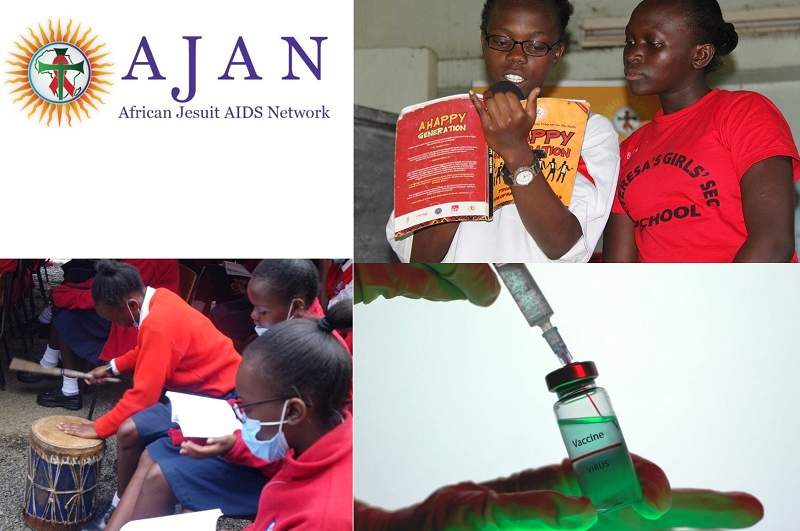
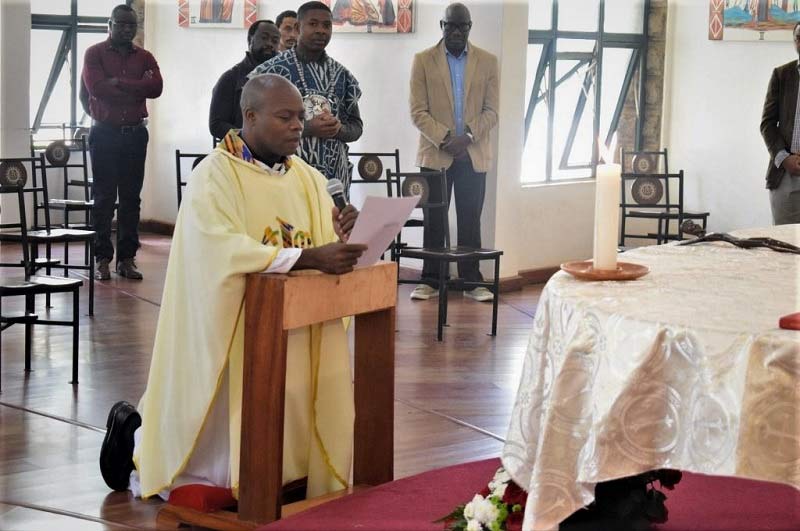
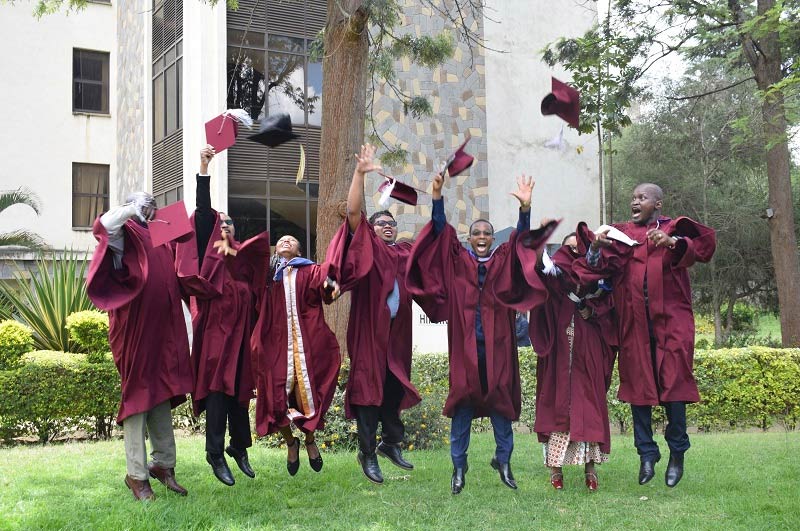
Select Payment Method
Pay by bank transfer
If you wish to make a donation by direct bank transfer please contact Fr Paul Hamill SJ treasurer@jesuits.africa. Fr Paul will get in touch with you about the best method of transfer for you and share account details with you. Donations can be one-off gifts or of any frequency; for example, you might wish to become a regular monthly donor of small amounts; that sort of reliable income can allow for very welcome forward planning in the development of the Society’s works in Africa and Madagascar.
Often it is easier to send a donation to an office within your own country and Fr Paul can advise on how that might be done. In some countries this kind of giving can also be recognised for tax relief and the necessary receipts will be issued.


